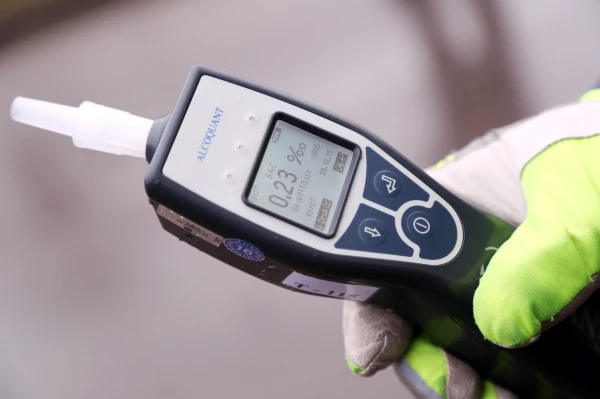
The case of 25-year-old producer Marina Ivanova from the Daugavpils Theater showed how phone scams turn into financial tragedies, while microcredit companies continue to profit from people who should not be granted loans at all. The investigation was conducted by Re:Baltica.
A woman with a salary of 890 euros took out loans of nearly 45,000 euros in just a few days.
It all started with a phone call: a “Google employee” reported a “data breach.” The next day, a “Swedbank employee” called, followed by a “police investigator.” They convinced Marina to “help with the investigation” by taking out loans to “cover the stolen funds.” Within five days, she took out eight loans from E-Lats, Citadele, Vivus.lv, Ferratum, BigBank, and the Swedish TF Bank. The money was transferred via Western Union and Ria Money to “bank agents.”
“Every step was scripted like a scenario. I was told that the bank would try to convince me not to take the loan, but that it was part of the protocol. I repeated the memorized words,” Marina recalls.
When payment notifications arrived, the fraudsters assured her that the system “had not yet been updated.” Then a “police chief” called, sent a fake ID, and ordered her to change her phone number and email. Only six months later, when Marina was summoned for questioning, did she realize that she had become a pawn in a money laundering scheme.
“When I understood that it was all a lie, I wanted to die. The police officer told me to just sit and breathe until I calmed down,” she recounts.
The main blow came later—from society. “Everyone wrote: it’s her own fault. But it’s not about stupidity, it’s about fear and pressure,” Marina says.
Edgars Pastars, a lawyer from the Financial Association, sees it differently: “If a person takes out loans and transfers money themselves, it’s their responsibility.” This position benefits banks and creditors: the blame is shifted to the victim, and the system remains unchanged.
The Consumer Rights Protection Center (PTAC) reminds that creditors are required to check the borrower’s creditworthiness in two credit bureaus. However, data is delayed by up to ten working days. “This is an abnormal situation. Creditors should have seen that the person would not be able to pay,” noted PTAC representative Margarita Brovatska.
By the end of 2024, 13.5% of fast loans amounting to 63 million euros were considered overdue. But the actual number of people caught in the debt trap is much higher.
In the UK, banks compensate part of the losses if the client acted in good faith. Such practices do not exist in Latvia. Janis Silakalns, a representative of the Bank of Latvia, told Re:Baltica that the EU is developing a unified compensation mechanism for fraud victims. “It is planned to establish an obligation for the bank to return money to the client if the fraudster posed as a bank employee and the client acted without malicious intent,” he explained.
The Bank of Latvia also supports the idea of shortening the data transfer period for new loans and controlling not only banks but also non-bank creditors. However, according to Silakalns, in Marina’s case, even this would unlikely have helped: she took out loans literally one after another, with gaps of only minutes.
In parliament, most members of the financial commission formally agreed that the data update periods need to be shortened and responsibility shared. But no one could say what decisions are being prepared. Only deputy Augusts Putra promised that the issue would be discussed “in the near future.”
Meanwhile, the investigation into Marina’s case continues. Most creditors, except for BigBank, have recognized her as a victim and frozen her debts. While no interest is being charged, if the fraudsters are not found, the woman will have to pay herself. With interest and fees, the amount has already grown to 78,000 euros.
“I don’t have that kind of money. And I don’t have a plan either,” says Marina. She continues to work and hope.













